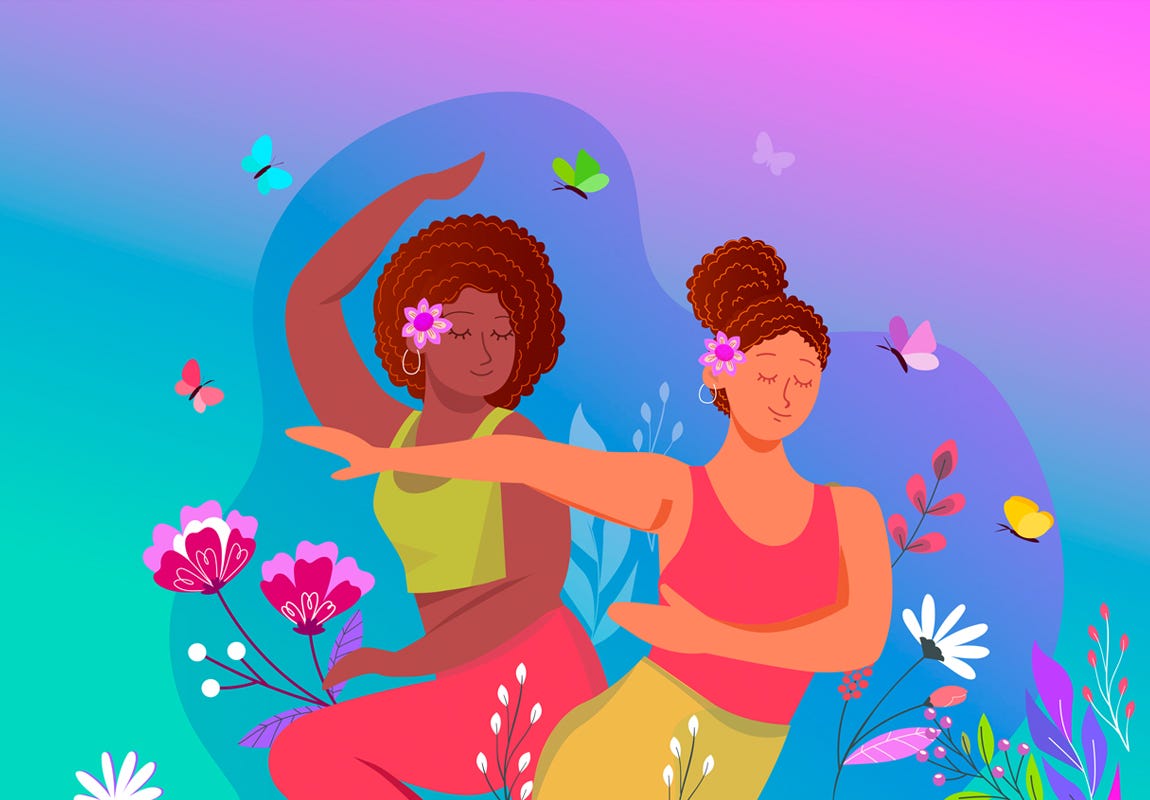The intellectual movement of the 18th century known as the Enlightenment transformed Europe and North America. It gave importance to science and reason over faith and superstition. It also put forward new ideals about equality and freedom.
However, the philosophers and thinkers of that period were divided on whether notions of liberty and equality applied to men and women equally. The French thinker Jean-Jacques Rousseau believed that women were dependent on men and that they are physically and intellectually inferior to men. On the other hand, and around the same period, philosophers like Denis Diderot, Marquis de Condorcet, Thomas Hobbes, and Jeremy Bentham supported women’s goal of achieving gender equality.
In North America and France, revolutionary movements helped in creating a political environment conducive to greater female participation in important debates surrounding key issues of the time.
It was a time when women started seeking platforms to engage in intellectual discussions and prove their equality with men. In London, public debating societies were dominated by men in the initial stages. Later, they also hosted mixed gatherings.
In the 1780s, several female debating societies sprung up, including La Belle Assemblée, the Female Parliament, the Carlisle House Debates, and the Female Congress. These societies helped women draw attention to their demands for equality in education, politics and workplaces.
In North America and France, revolutionary movements helped in creating a political environment conducive to greater female participation in important debates surrounding key issues of the time. In America, women started to participate in debates about the colonies’ relationship with Britain. For example, in 1767-68, Britain introduced the Townshend Acts, which imposed duties payable to the British Crown on the import of tea and other commodities. Many American women organised boycotts against the consumption of British goods. When some of them gave up tea for coffee and herbal brews, some others made their own homespun cloth.
With the outbreak of war in 1775, women started running businesses and making important family decisions as their male partners were called to serve in the army. Women also became politically active during this period.
In 1780, Esther Reed, a Patriot in the American Revolutionary War, started a campaign to boost female support for the Patriot cause by publishing a broadside named The Sentiments of an American Woman. Through her campaign, Esther Reed raised $300,000.
From its beginning, women had played an important role during the French Revolution. Thousands of women who marched to the Palace of Versailles demanding bread led to the downfall of the crumbling French monarchy.
Along with Sarah Franklin Bache, daughter of Benjamin Franklin, Esther Reed launched Ladies Association of Philadelphia, which was the largest women’s organisation of the American Revolution. Its members collected money for supporting George Washington’s troops during the revolution.
Some women even played an active role in the military. For example, Anna Smith Strong and Lydia Barrington Darragh served as military spies. Some women even disguised themselves as men to fight along with the male soldiers.
From its beginning, women had played an important role during the French Revolution. Thousands of women who marched to the Palace of Versailles demanding bread led to the downfall of the crumbling French monarchy. After the dissolution of the monarchy, the National Assembly became the governing body of France. However, when these women submitted petitions to the National Assembly demanding equal rights, they were seldom even heard or discussed.
Society of Revolutionary and Republican Women, established in 1793, was the most notable among the political clubs founded by women. It promoted sexual equality and a political voice for women.
We can discuss the contributions of Mary Wollstonecraft in the next article.
Now put on your thinking hats and think about the following questions for a couple of minutes.
As a teacher, how would you describe the term "enlightenment" to your students?
What do you think of the involvement of women in American and French revolution?
How do you describe the contributions of Esther Reed in the growth of feminism?
Write down your thoughts and discuss them with your students, children and your colleagues. Listen to their views and compare them with your own. As you listen to others, note how similar or different your views are to others’.
Thank you for listening. Subscribe to The Scando Review on thescandoreview.com.
Happy Teaching!














The Enlightenment Period and Feminism